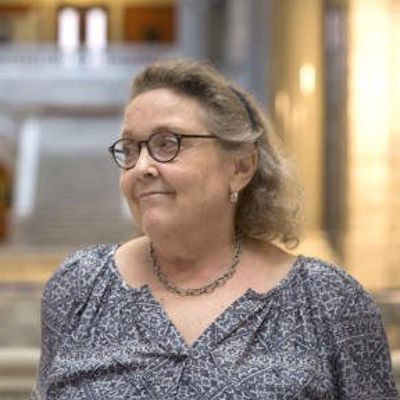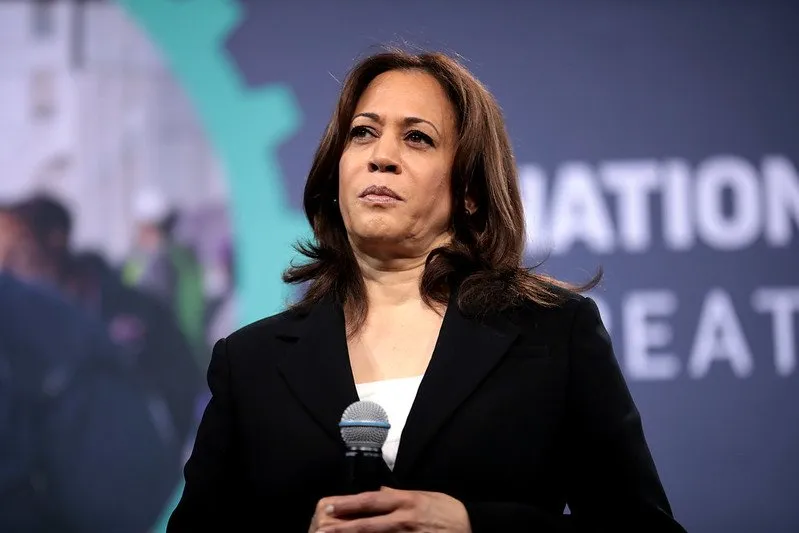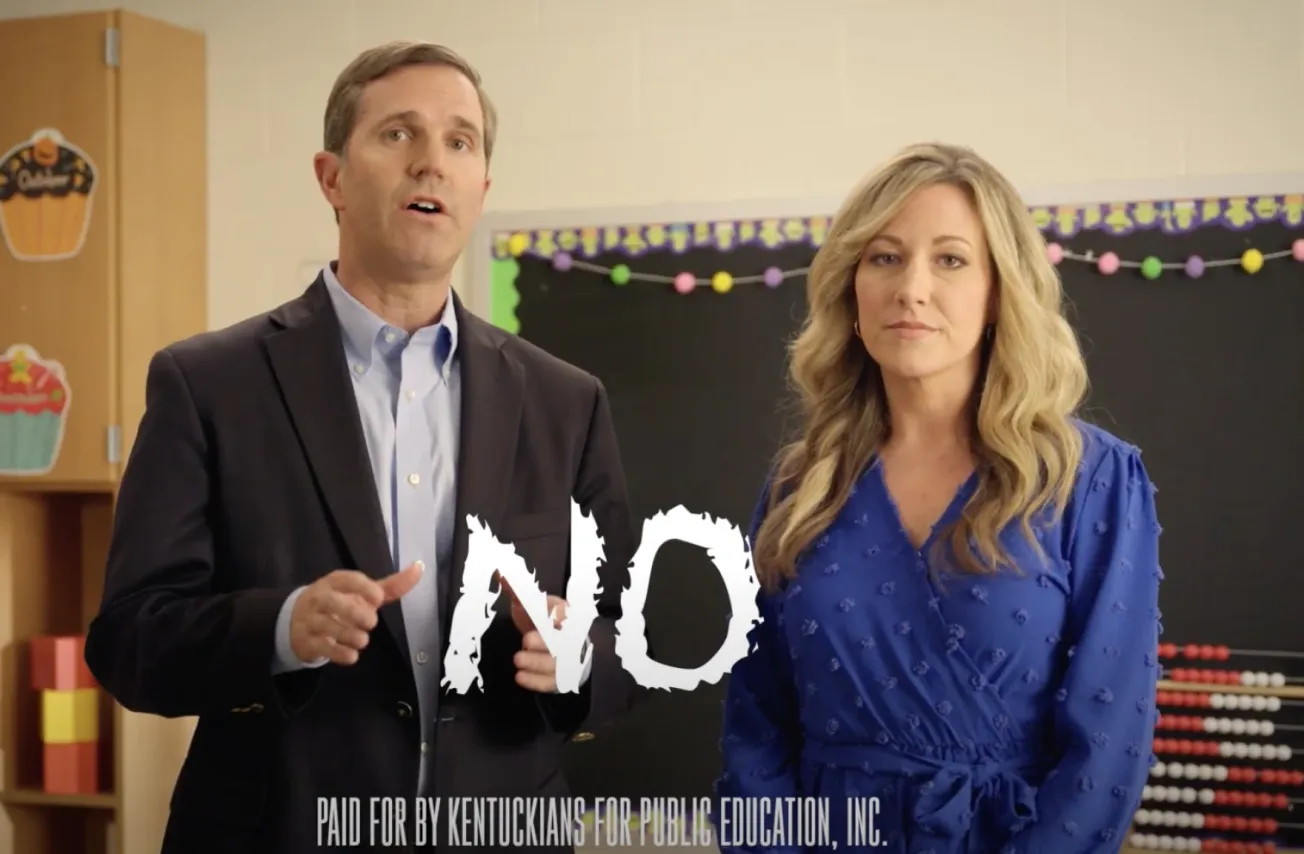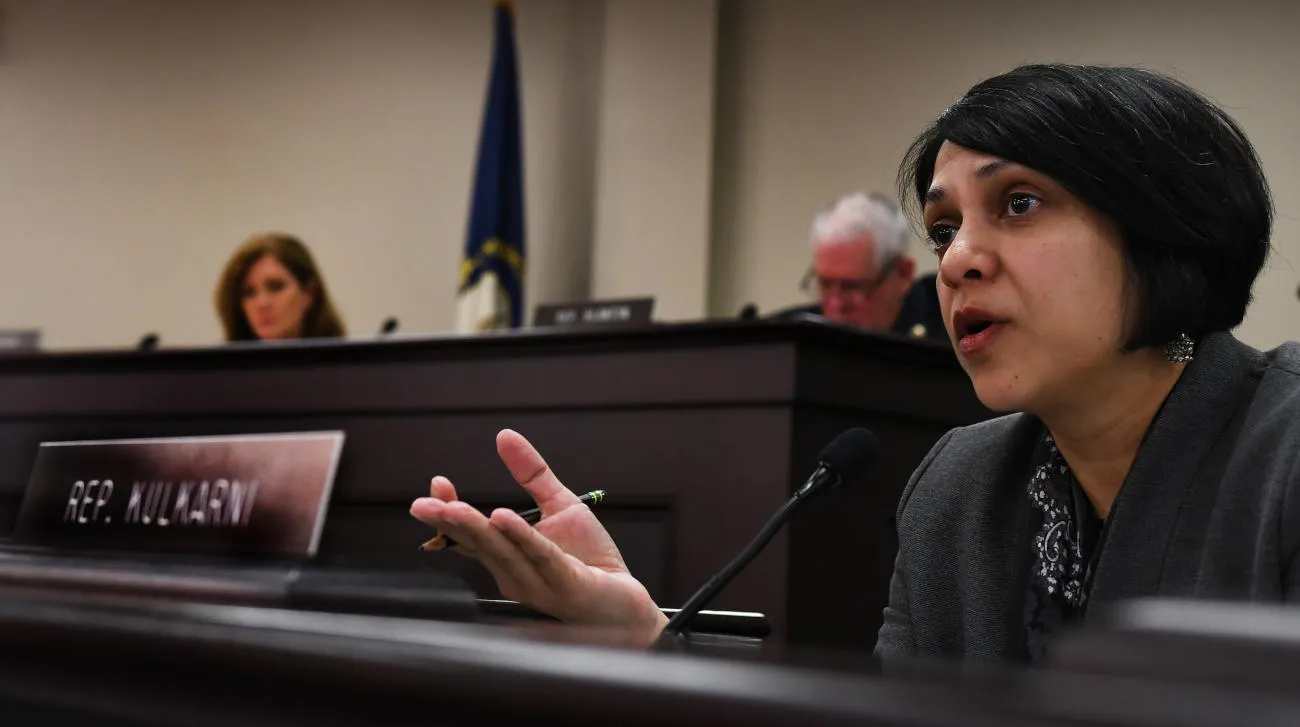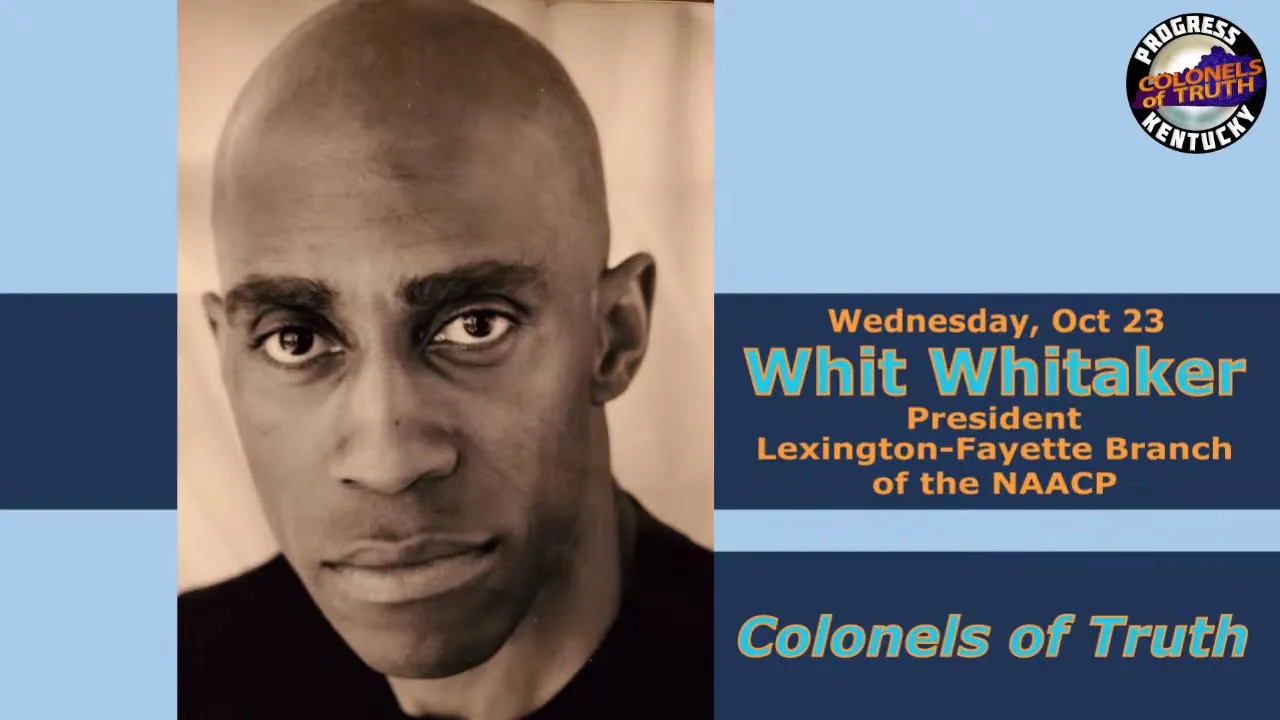Most of us have seen the bystander video of the brutal actions of Minneapolis police officers that resulted in the death of George Floyd.
The video speaks for itself.
But under a bill proposed in the 2020 Regular Session of the General Assembly, whose path to passage was impeded by COVID-19 rather than common sense, bystander videos depicting acts of violence by police officers resulting in death would have been inaccessible in Kentucky, if in the hands of a public agency.
That bill would have created a new exception to the open records law that ignores the foundational principle on which the law is based: “free and open examination of public records is in the public interest.”
In those cases where the public interest in free and open examination of records is outweighed by a strongly substantiated need for governmental confidentiality or personal privacy, the public interest yields to those interests.
But the existing open records law exhibits “a bias favoring disclosure,” and the failed bill runs counter to this well-entrenched principle.
The bill, HB 174
HB 174, sponsored by Rep. Chris Freeland (R-Benton) in response to the trauma experienced by family and friends following the circulation of bystander video of victims of the Marshall County High School shootings, was intended to preempt this “balancing of interests” analysis that has existed in the law for 28 years.
It would have categorically excluded from public inspection “photographs or videos that depict a person’s death, killing, rape, or sexual assault or abuse.”
If the bill had passed, it wouldn’t matter if
– a strongly substantiated public interest supporting disclosure exists;
– surviving victims or surviving family members waive their privacy interests;
– there are no surviving victims or family members whose privacy interests must be considered;
the photos and videos would be excluded from public inspection.
Absolutely and without exception.
So much for “free and open examination of public records.”
As HB 174 passed out of the House and sped toward passage in the Senate earlier this year, the Kentucky Open Government Coalition wrote:
“We are witnessing the steady erosion of the public interest by those who refuse to acknowledge that our law already affords adequate protection to government and the people it serves.”
Let’s hope Rep. Freeland did not understand the damage his new exception would do. Let’s trust that he will more carefully consider that damage before reintroducing the same proposed exception in 2021.
And let’s be prepared to vigorously oppose it if he does — “to subserve the public interest, not to satisfy the public’s curiosity” — and to ensure that our public servants are “properly executing their statutory functions and indeed serving the public.”
As the Kentucky Supreme Court observed in the early 90’s, “the policy of disclosure provides impetus for an agency [and its employees] steadfastly to pursue the public good.”
–30–
Comments


